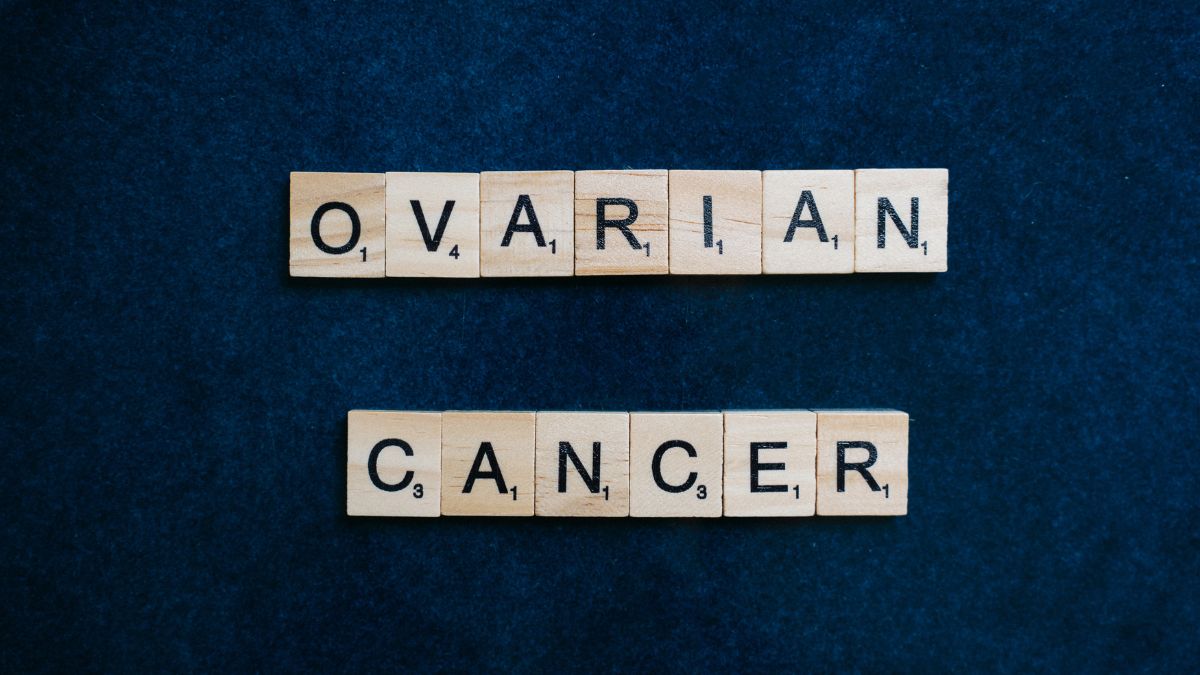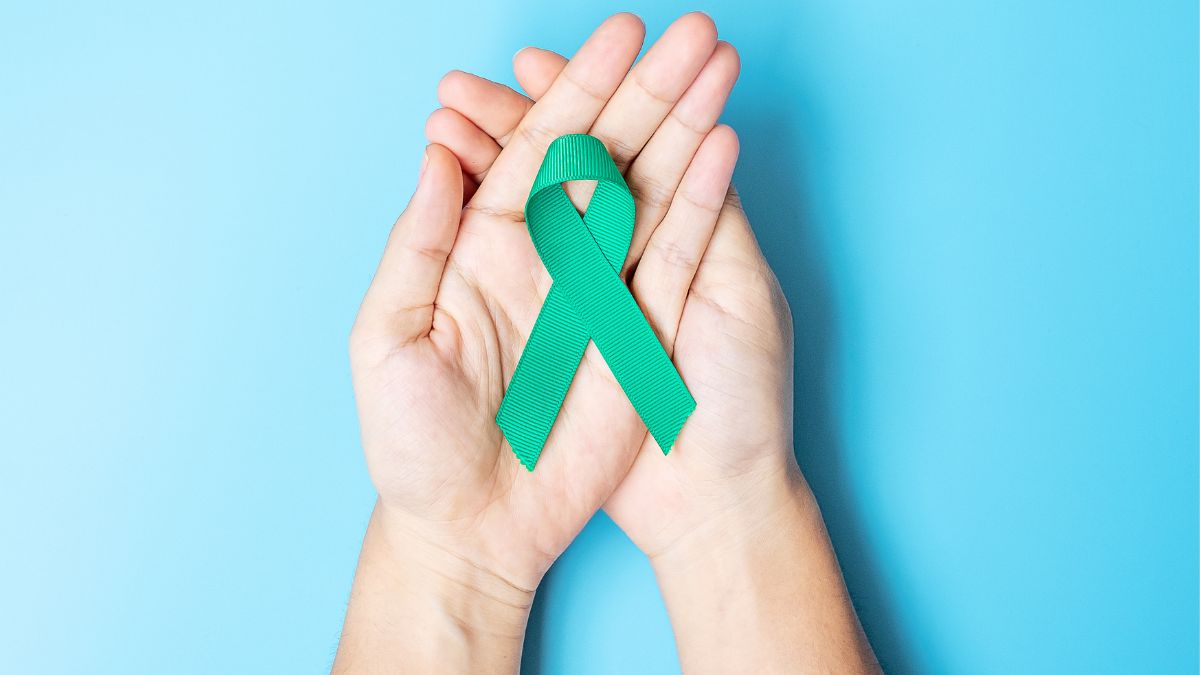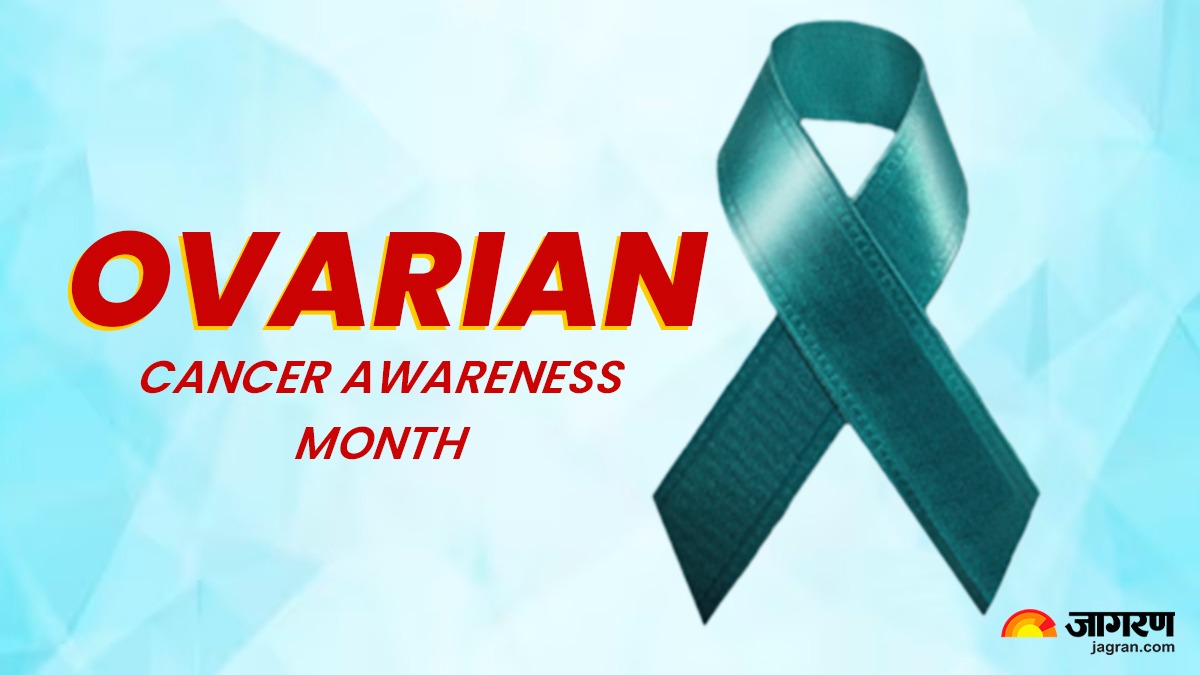- By Priyanka Munshi
- Thu, 31 Aug 2023 02:48 PM (IST)
- Source:JND
Ovarian Cancer Awareness Month: September is designated as Ovarian Cancer Awareness Month. It is an important campaign to inform and raise awareness about this illness that is commonly referred to as the "silent killer" due to its non-obvious symptoms. This month, a number of groups, individuals, and medical professionals come together to raise awareness of the value of early detection, treatment options, and support for those afflicted by ovarian cancer.

What Is Ovarian Cancer?
The female reproductive organs known as the ovaries, which are also responsible for creating hormones and eggs, are the site of ovarian cancer. It is mostly known as the "silent killer" because it can progress early on without manifesting any symptoms. Abdominal discomfort or pain, bloating, changes in bowel habits, and a frequent need to urinate are just a few signs that can appear as the cancer gets worse.
Also Read: 5 Ways To Support Your Loved Ones Suffering From PTSD
Women of all ages can develop ovarian cancer, but older people tend to develop it more frequently. The difficulty of early detection emphasizes the value of routine checkups and awareness of relevant risk factors. Depending on the stage and type of ovarian cancer, treatment usually entails surgery to remove the tumor, followed by chemotherapy or other targeted therapies.

Dr. Kanika Gupta, Senior Director, Surgical Oncology (Gynecology & Robotic Surgery), Cancer Care & Oncology, Gynecologic Oncology, Surgical Oncology, Robotic Surgery, Max Super Speciality Hospital, Patparganj, listed some symptoms of ovarian cancer that you should not avoid.
Dr. Kanika said that, "While genetics do play a role, research indicates that lifestyle choices also significantly impact one's susceptibility to ovarian cancer. By making informed choices, individuals can potentially lower their risk and take control of their health."

Obesity
She said that "obesity is associated with hormonal imbalances that can increase the risk of developing the disease. Fat tissue, often known as fat tissue, produces an excessive quantity of estrogen, which has been linked to a higher risk of developing breast, endometrial, ovarian, and other cancers.
Oral Contraceptives
Compared to women who have never used oral contraceptives, women who have ever used oral contraceptives have a decreased risk of developing ovarian cancer. With that, "Dr. Kanika said that "long-term use of birth control pills has been linked to a reduced risk of ovarian cancer. These pills suppress ovulation and minimize the exposure of the ovaries to potentially harmful factors. Consulting a healthcare professional about appropriate contraceptive options is advised."
Also Read: 5 Effective Career Tips To Achieve Success And Power At Work

Early Detection
Since these parts are neither visible nor accessible for tests, identifying cancer in the ovaries is more challenging than finding cancer in the breast. There are currently no widely applicable screening procedures that can detect this type of cancer in its early stages. Dr. Kanika said that "a lack of screening tools and the non-specific symptoms make the disease difficult to detect early, and as a result, the majority of cases are diagnosed at an advanced stage."
Smoking
Smoking is associated with a higher risk for the mucinous type of ovarian cancer but does not enhance the overall risk. Dr. Kanika added," The recent pooled analysis found women with unhealthy behaviors of smoking, physical inactivity, and obesity before diagnosis had significantly poorer survival."
Frequent Bleeding From The Vagina
While vaginal bleeding during periods is normal, abnormal bleeding—such as severe or irregular bleeding or bleeding between cycles—is not, especially after menopause.

